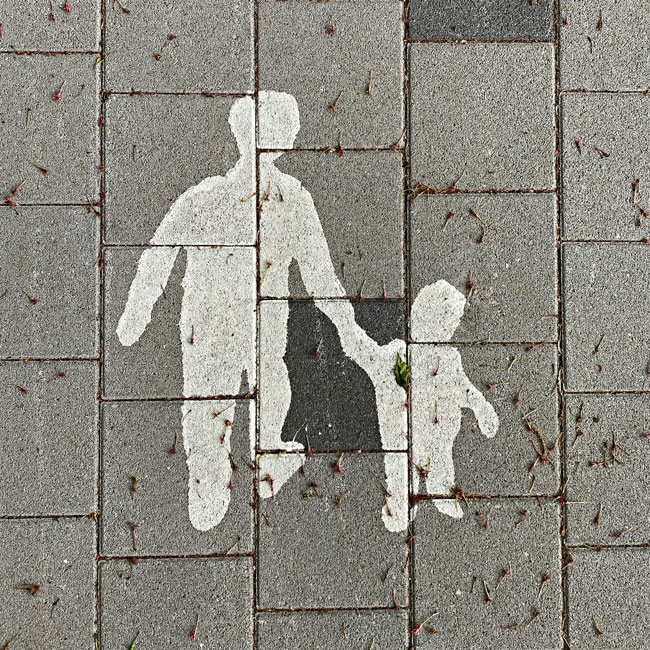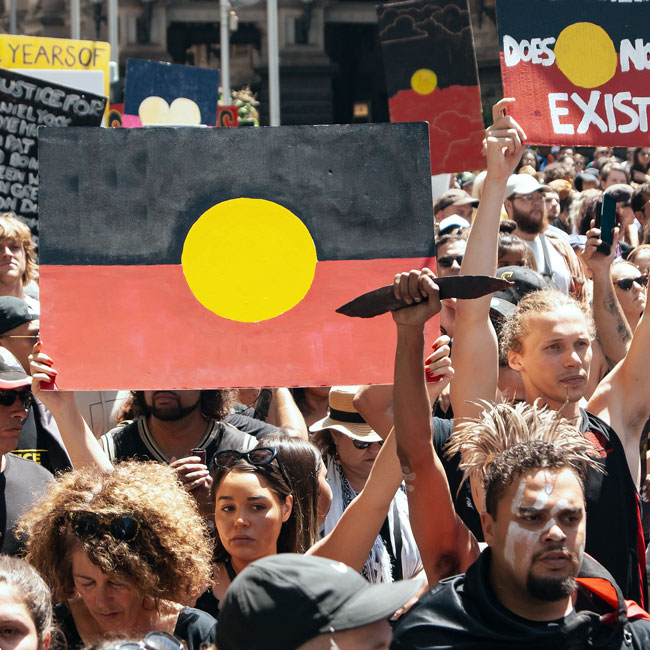
If you don’t like politicians appealing to voters’ more base emotions, there is something you can do about it
Opinion + AnalysisPolitics + Human Rights
BY Simon Longstaff 5 MAR 2025
The way politicians attempt to garner our votes during an election campaign reveals a great deal about what they think of us as people.
Consider how many politicians try to shore up their standing in the polls by tapping into the emotions of fear and greed. Of the two, playing on personal and communal fear often takes precedence — not least because it is such an easy path to follow. A skilled politician will know how to exploit vulnerability by highlighting what is precarious about our situation and then offer a solution. They will identify an “enemy” who means to cause us harm, and then claim that only they can keep us safe. They will accentuate the differences between “us” and “them” so that they can present themselves as being “on our side”.
The trick is to start with a grain of truth. People are vulnerable. There are some who mean us harm. The community is often divided across boundaries of class, religion, culture, ethnicity and ideology. Next, take that grain of truth and turn it into a mountain that dominates our view of the world. Having ramped up the fear, the skilled politician then offers to come to the rescue — this time eliciting a sense of relief, even gratitude.
An appeal to greed is less dramatic — and often less potent. It is based on the assumption that most people will put self-interest ahead of a concern for others. As Jack Lang, the former Premier of New South Wales, once put it to a young Paul Keating, “Always back the horse named self-interest, son. It’ll be the only one trying.” So, a politician will often promise some kind of personal benefit — usually not to those who might most need what is on offer, but to those whose votes will deliver political victory.
But of course, there is nothing inevitable about politicians appealing to emotions like fear and greed. Such appeals have become part of the political playbook for one simple reason: they work. Campaign strategists are, after all, the ultimate pragmatists, and they would not routinely employ the tactics they do unless they had good reason to believe that they will prove successful.
The message we receive from politicians who resort to such tactics is that they do not believe voters are able to rise above what is base and ignoble.
Which is to say, they do not think of us capable of responding, with equal vigour and commitment, to a style of politics that appeals to something more noble in our character. Indeed, even when the negative tactics work with us, even if we succumb to fear or greed and cast our vote for those who appealed to the lowest common denominator, many of us are left feeling somewhat debased. The persistent question remains: “Is that really all that you think of us? Wasn’t there anything better in us to which you could have appealed?”
That is a very fair and serious question. The core tenet of a democracy is that all power and authority derives from “the people”. But what will be the quality of our democratic polity when the mirror held up to the community by its political leaders presents such a wretched image?
I do not pretend that Australians are an especially virtuous people. We are just as flawed as others — neither more nor less. Which means there are ample opportunities to appeal to what Abraham Lincoln called, in his first inaugural address, “the better angels of our nature”. Why is it not a staple of political discourse to offer a vision of shared prosperity? Why not dwell more on common security based on an account of social cohesion as a positive good, rather than as an antidote to division?
This style of politics — one grounded in hope and inclusion — is much harder work than the politics of deficit and division. But I think the effort is worth making because, at the end of an election cycle, we should be left feeling better about ourselves — both as individuals and as a society. That positive effect should be what every politician seeks to generate. Yes, they want to win, but I would hope it is not “win at any cost”. The ends never justify the means, in the crude sense some people argue to defend the indefensible.
Within a democracy, the outcome of elections ultimately lies in the hands of citizens. We are all equal at the ballot box. We are all able to weigh up the merits of what the candidates for public office put before us. In doing so, I think we should look behind the slogans to consider what underlying message is being conveyed. Do those seeking power hold us in high regard? Do they demonstrate that they recognise the good in us to which they then appeal? Or is their underlying message that they hold us in contempt — diminishing us even as they harvest our vote?
This article was originally published by ABC religion and Ethics.
Image by Jun Li / Alamy Stock Photo

Ethics in your inbox.
Get the latest inspiration, intelligence, events & more.
By signing up you agree to our privacy policy
You might be interested in…
Opinion + Analysis
Politics + Human Rights, Society + Culture
Making sense of our moral politics
Opinion + Analysis
Business + Leadership, Politics + Human Rights
Should corporate Australia have a voice?
Opinion + Analysis
Politics + Human Rights
Time for Morrison’s ‘quiet Australians’ to roar
Opinion + Analysis
Business + Leadership, Politics + Human Rights, Science + Technology




